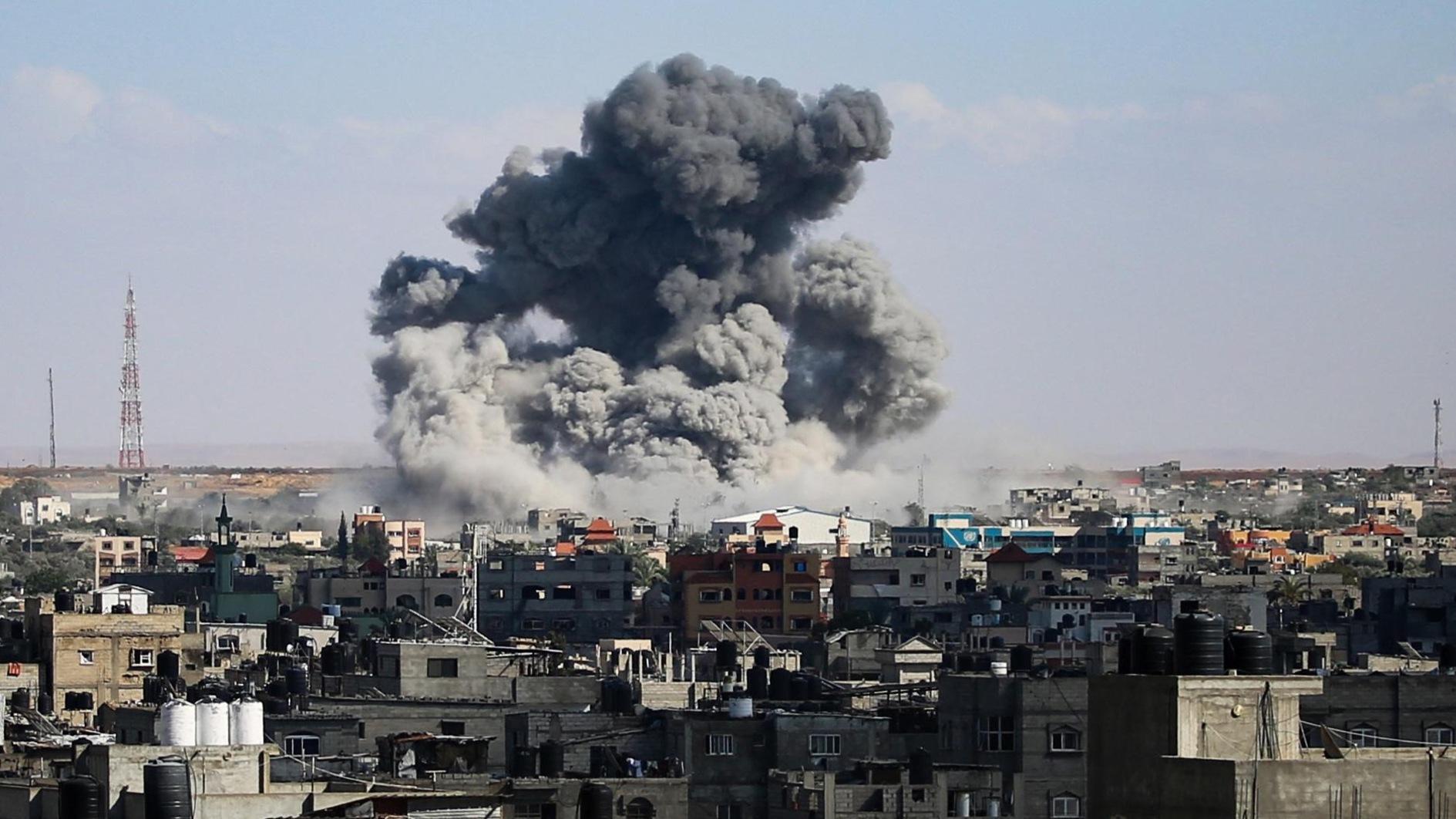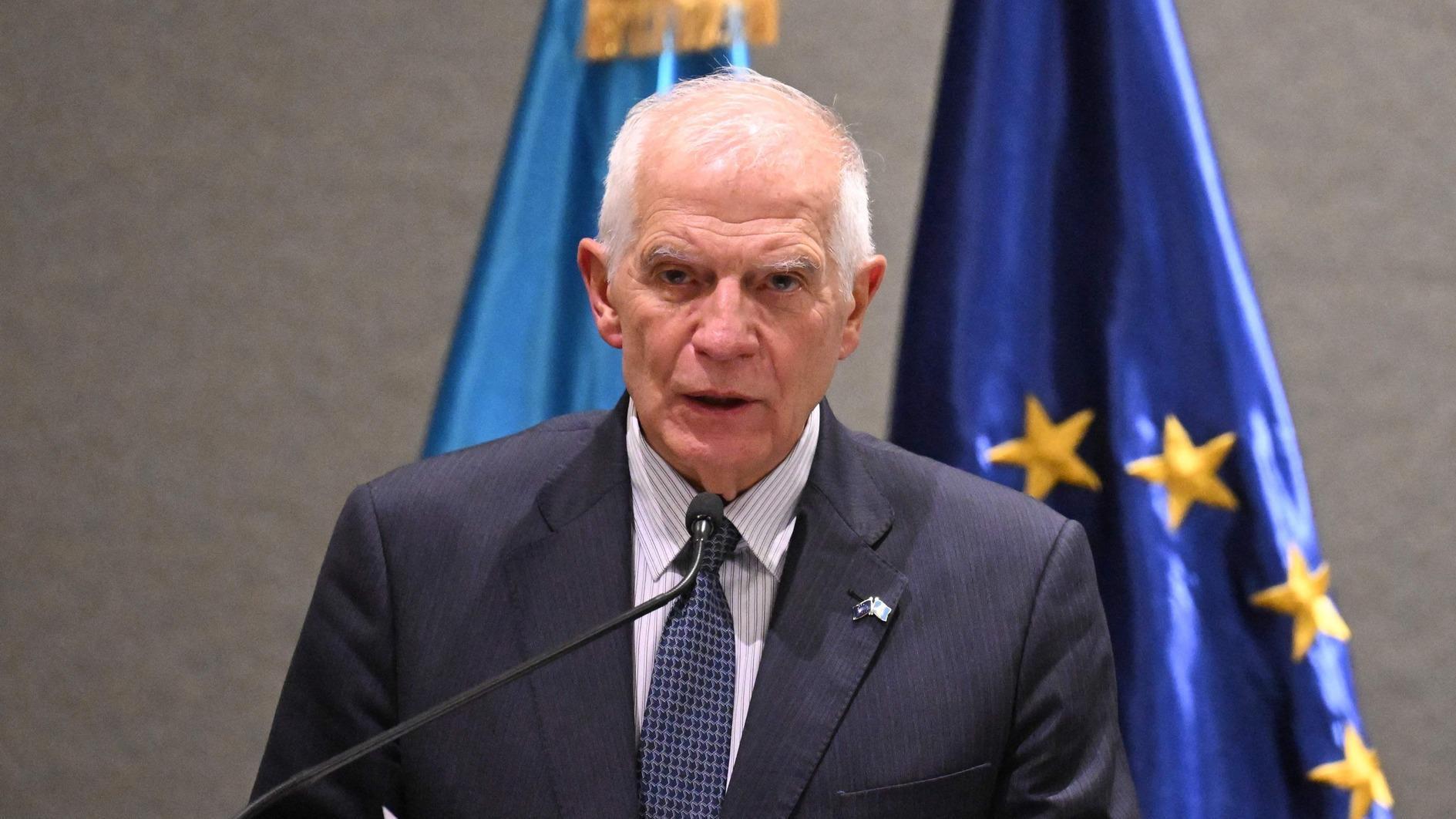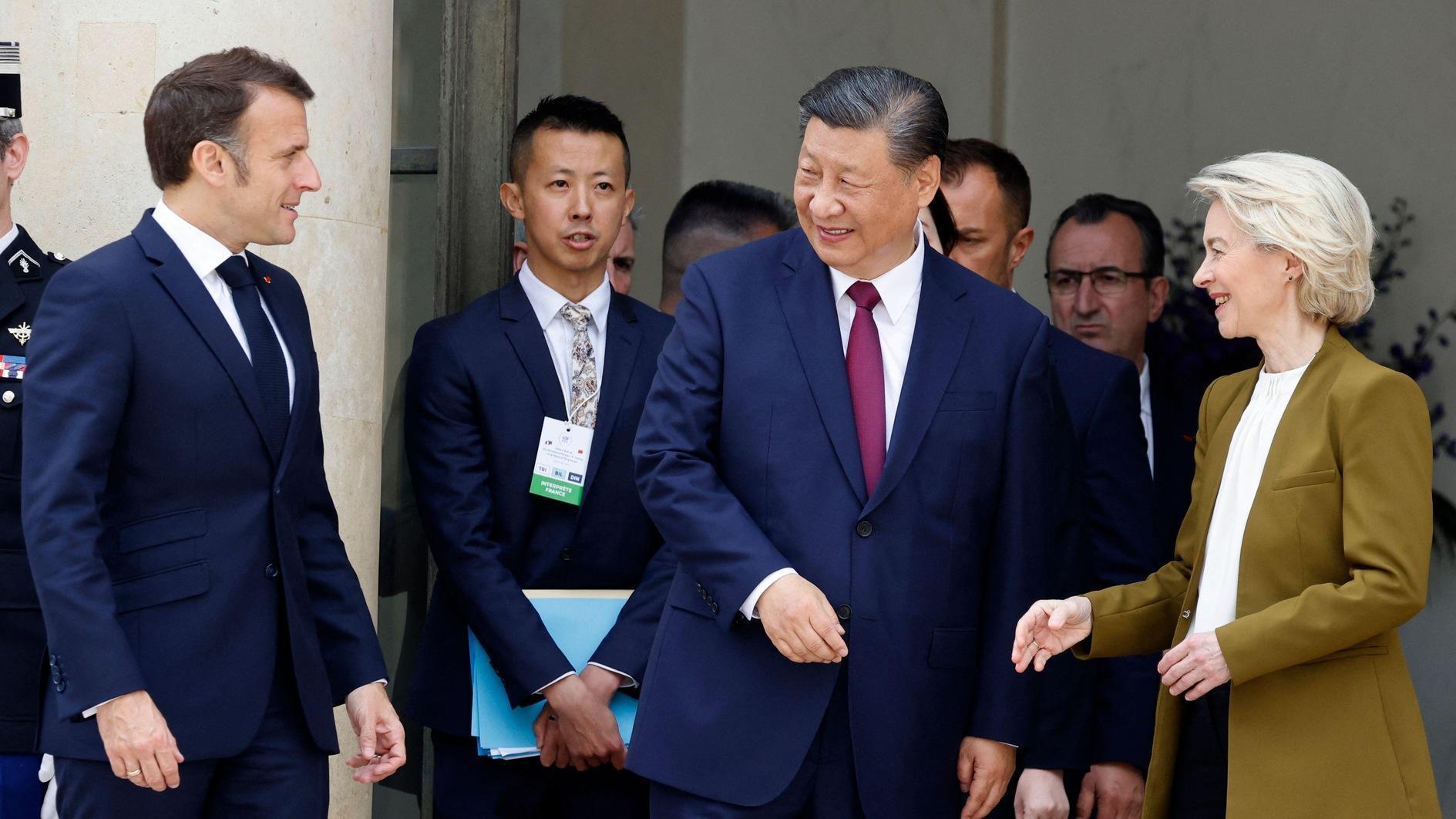Interest rate to go up, growth rate down
The Central Bank, finally listening to the voice of the markets, decided to make a change in its current monetary policies.
The decisions made at the Monetary Policy Committee (PPK) held yesterday were announced to the public at around midnight. As this column was being written, the decisions had yet to be announced; however, the decision to hold an extraordinary PPK meeting after the sharp rise in exchange rates the other day showed that the Central Bank had already accepted an increase in interest rates.
It is now certain that the Central Bank will increase the interest rate, but the dimension of the increase will be the determinant in setting the course of the markets from now on. It is apparent that small scale interest rate increases will not easily calm down the markets.
Thus, the possible trend in the Turkish economy has also started becoming obvious. From now on, foreign exchange rates will have to gain stability at a higher level. While the dollar exchange rate looks as if it will be inevitably be 2 Turkish Liras and higher, how much higher will depend on the decisions of the government and the Central Bank.
Depending on the high exchange rate and the interest rates that will inevitably increase, a drop in domestic demand in Turkey is in question. In other words, a lower growth rate now looks inevitable this year. Deputy Prime Minister Ali Babacan said a growth rate of 4 percent would be reached in the year 2014, but it no longer seems easy to even reach this figure.
Besides, it is also inevitable that the inflation rate will increase. The increase that the Central Bank will make in interest rates is also highly significant in terms of controlling inflation.
The effect of elections
Consequently, as a result of the drop in domestic demand because of the increase in interest rates, it also looks inevitable that the foreign trade deficit and the current account deficit figure will be lower than last year, also as a result of the exchange rate settling at a high level.
These are all inevitable, but there are two elections waiting for us this year. It is apparent that Prime Minister Recep Tayyip Erdoğan is attributing more than necessary importance to the local elections to be held at the end of March, also with the effect of the political clash being experienced. For this reason, it is not yet known whether the prime minister will allow the domestic demand to be reduced as much as is necessary, and that the necessary decisions for this are made.
It has started being talked in advance that the political clash may take on a new form after the local elections, that there may be changes in the basics of the presidential elections and that, even though it is a small probability, there is the option of rescheduling the general elections for this year.
It looks as if political developments will continue to create significant obstacles for economic stability from now on. There are serious concerns about whether or not the necessary economic decisions will be made before the end of March, and also whether populist decisions will arrive through the rest of the year.
If Turkey wants to maintain its economic stability, it has to make the necessary decisions, primarily a high scale interest rate rise. Otherwise the bill of the global liquidity developments and the political clash could be very high.











